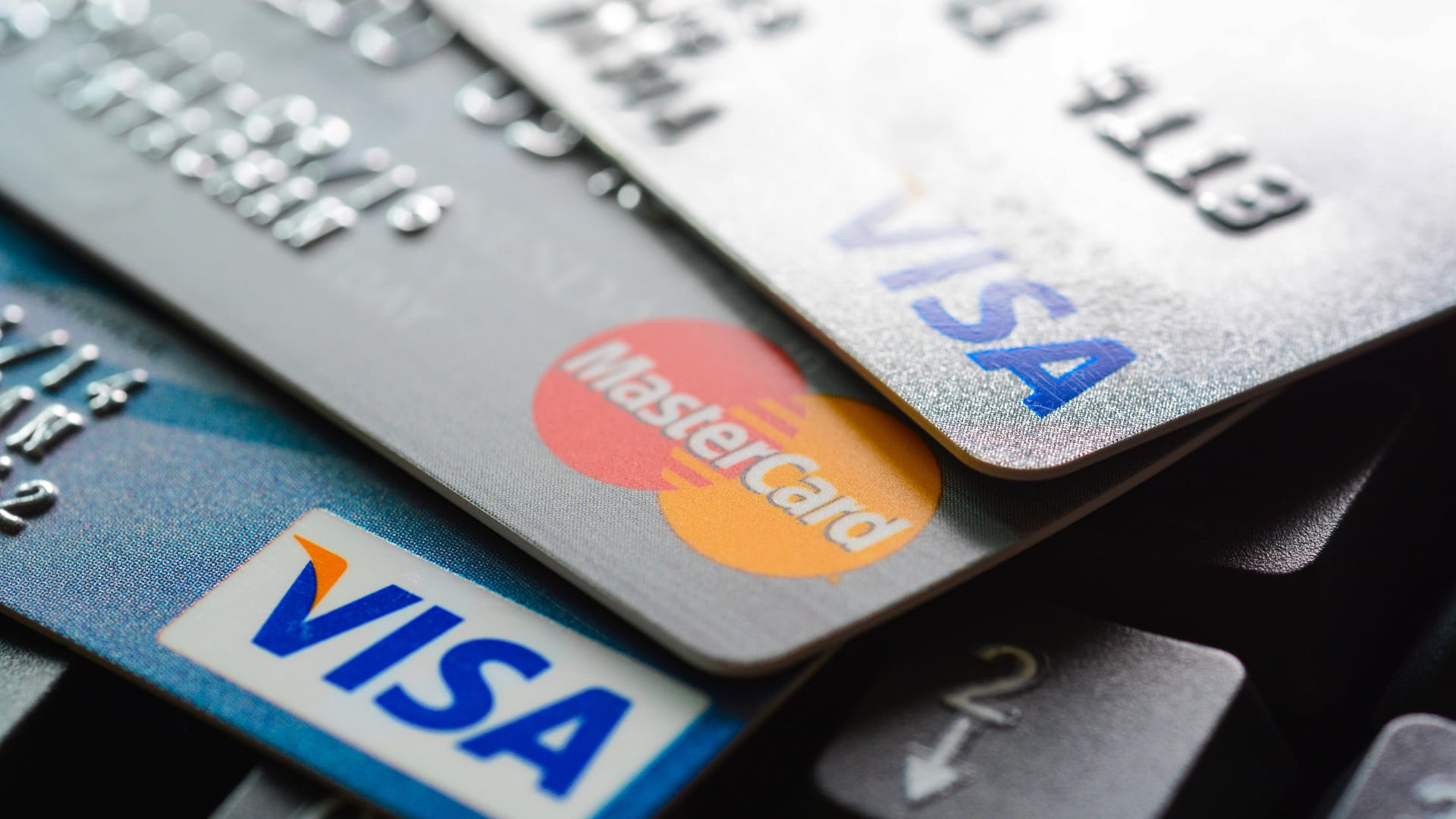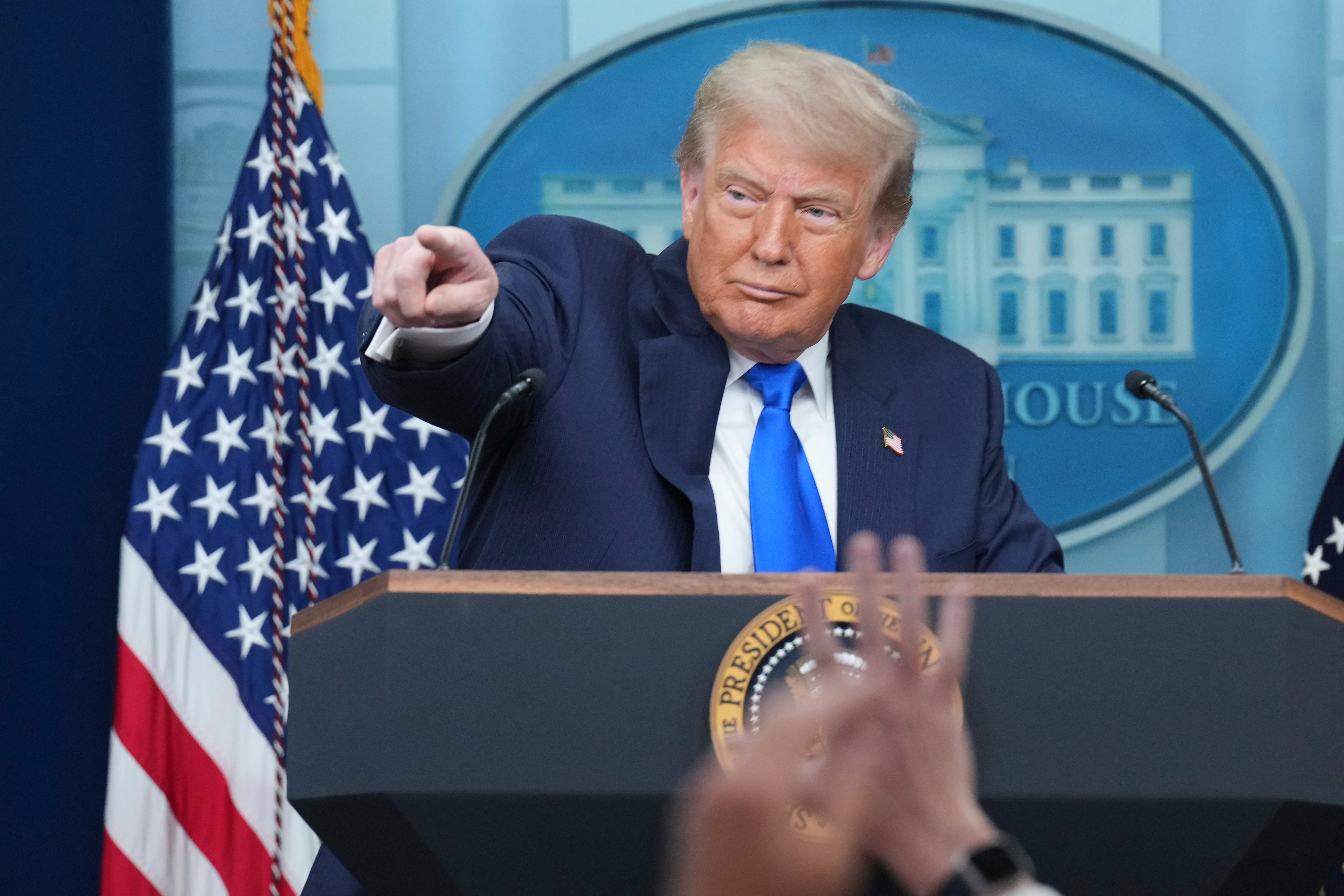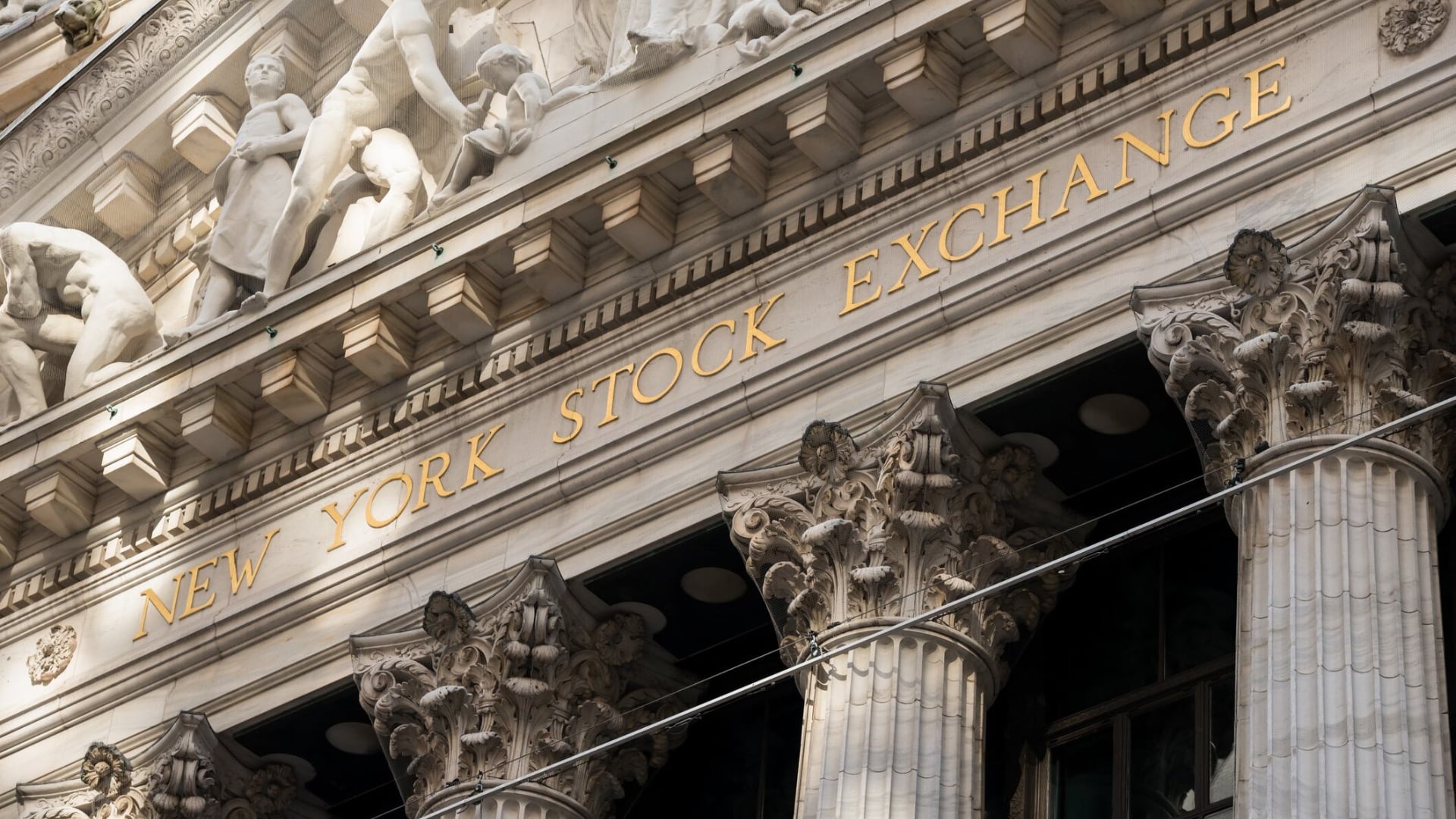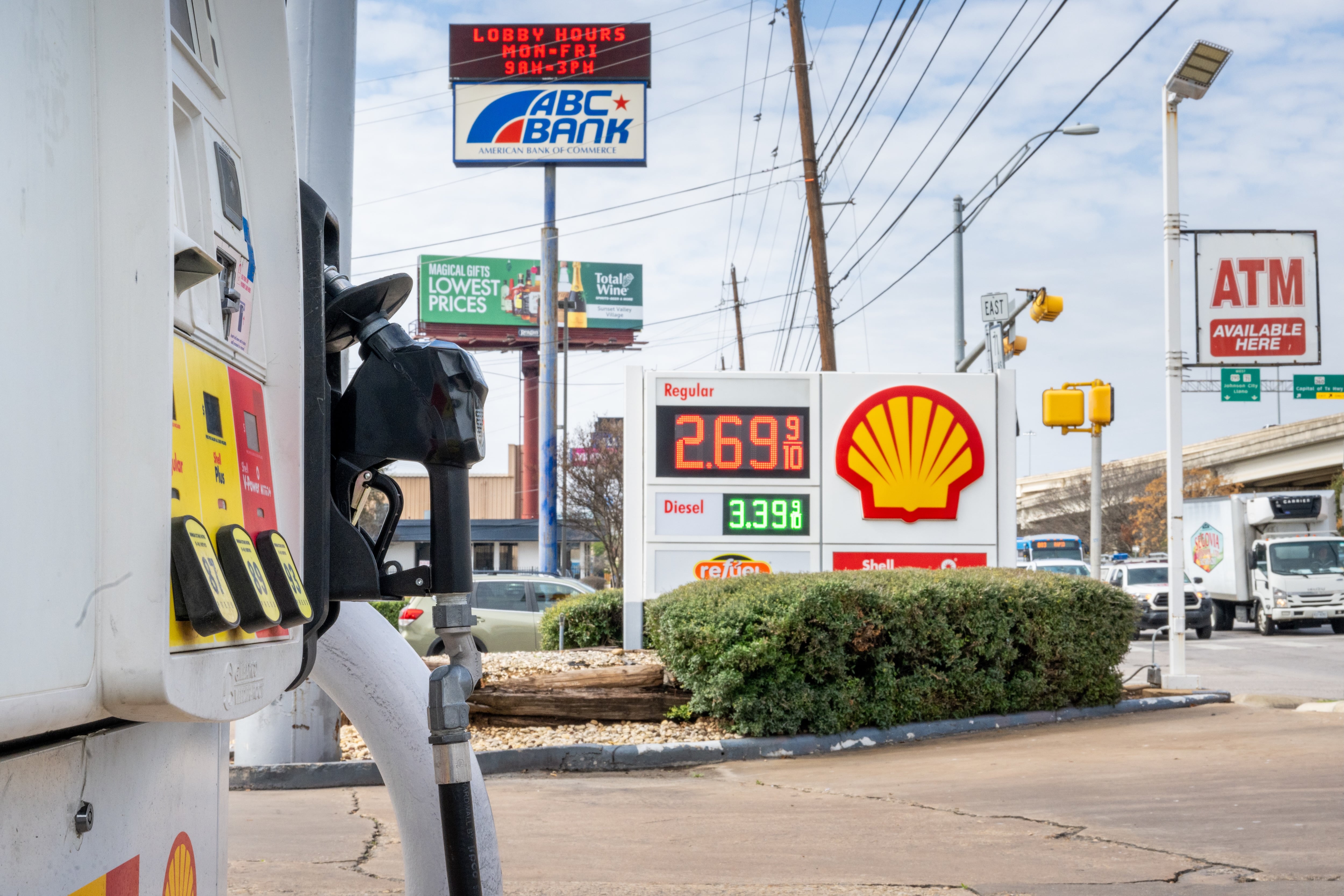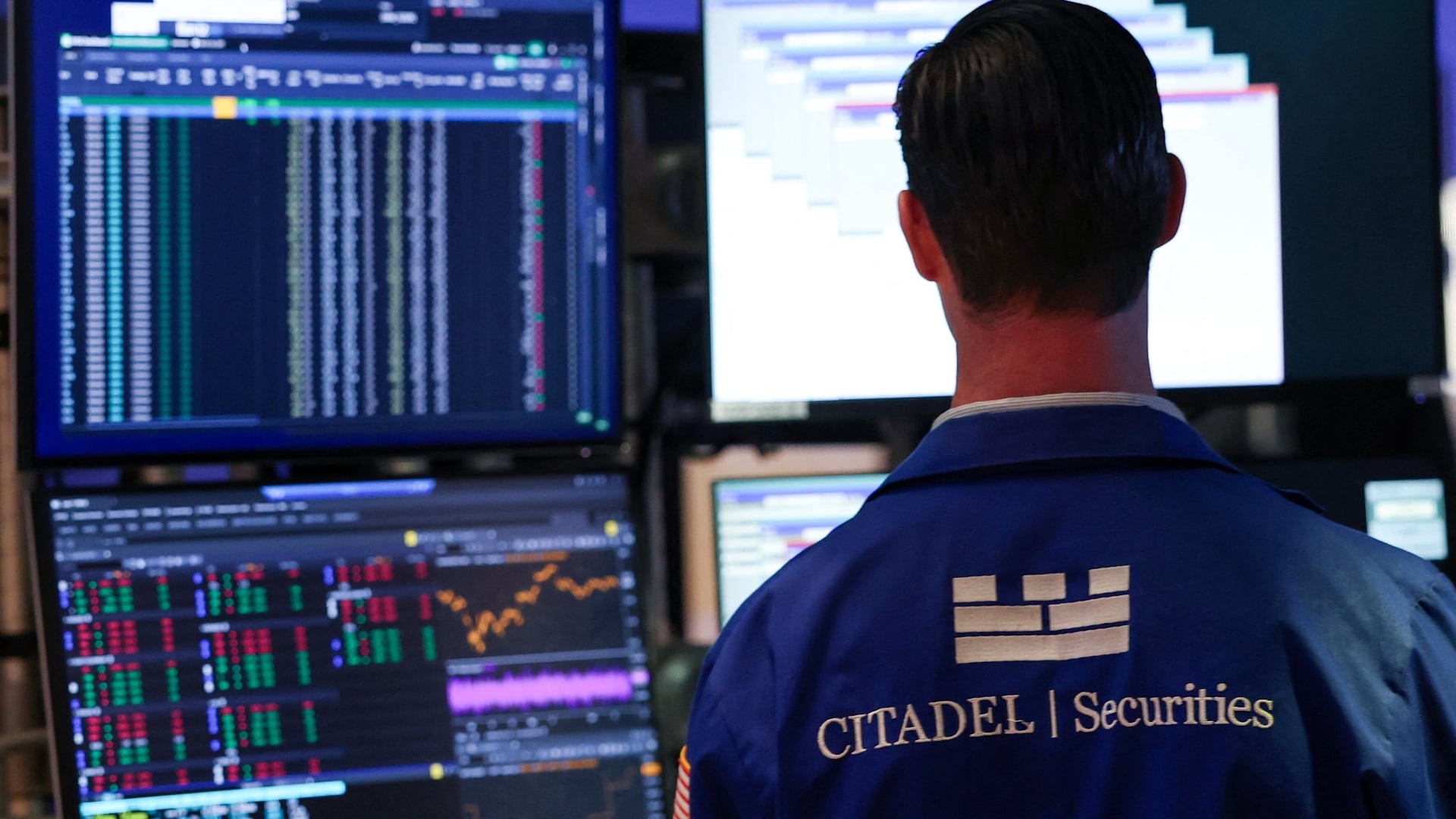By Dee-Ann Durbin
Customers fell for Starbucks' fall menu in the fiscal fourth quarter, with Pumpkin Spice Lattes and apple croissants helping the company achieve record revenue.
But the company said Thursday that growth could moderate in the coming year as it faces economic uncertainty around the world.
Revenue for the July-September period rose 11% to $9.4 billion. That surpassed Wall Street’s expectation of $9.3 billion, according to analysts polled by FactSet.
For the full fiscal year, Starbucks' revenue rose 11.6% to $35.9 billion. The company said it expects revenue growth at the low end of a 10% to 12% range for the upcoming fiscal year.
Starbucks CEO Laxman Narasimhan said the company saw record-breaking weekly sales after the launch of the Pumpkin Spice Latte in late August. The drink, which is Starbucks' most popular seasonal beverage, turned 20 this year.
Starbucks said its global same-store sales – or sales at stores open at least a year -- rose 8%, surpassing analyst forecasts for a 6.8% increase. Global same-store sales were also up 8% for the full year.
In the upcoming fiscal year, Starbucks said it expects same-store sales growth between 5% and 7%. Narasimhan said the company isn't yet seeing much change in consumer demand but is watching the economic environment closely.
In the fiscal fourth quarter, U.S. same-store sales rose 8%; store traffic was up 2% and consumers spent more per visit on things like food and customized drinks. Prices were also higher.
For the full year, U.S. same-store sales grew 9%. Starbucks expects that to slow to between 5% and 7% for the coming fiscal year.
Narasimhan said an ongoing revamp of North American stores is improving sales and making operations more efficient.
The company announced the $450 million revamp last fall. It includes new work stations that cut the time and effort it takes to make iced drinks, which now make up 75% of U.S. sales. Starbucks has distributed portable cold foamers to all U.S. stores and has installed hundreds of new ice machines and single cup brewers, which is improving service times, he said.
Narasimhan said Starbucks has also increased worker pay by 20% over the last year, partly by scheduling more hours per worker. That has decreased turnover and could help the company tamp down a unionization effort, which it opposes.
“We’ve created a more stable environment in our stores,” Narasimhan said in a conference call with investors Thursday.
Same-store sales in China – the company’s second-largest market – rose 2%. Starbucks said store traffic in China was up 4% but consumers spent less per visit, partly because there was less merchandise in stores.
Still, Narasimhan said sales growth in China accelerated in the second half of the fiscal year and morning sales are now higher than pre-COVID levels. Starbucks expects same-store sales growth between 4% and 6% in China in the coming fiscal year, up from 2% in the 2023 fiscal year.
“We feel good about the overall returns that we’re getting there,” he said.
The Seattle coffee giant opened 816 net new stores in the quarter, ending its fiscal year with more than 38,000 stores worldwide. It expects to have 41,000 stores by the end of the 2024 fiscal year.
Net income jumped 39% to $1.2 billion, or $1.06 per share. That was also higher than Wall Street expectations for 97 cents.
Starbucks shares rose more than 11.5% in premarket trading Thursday.


